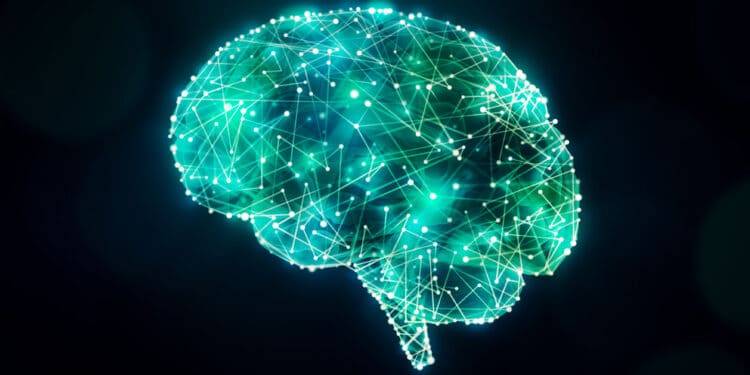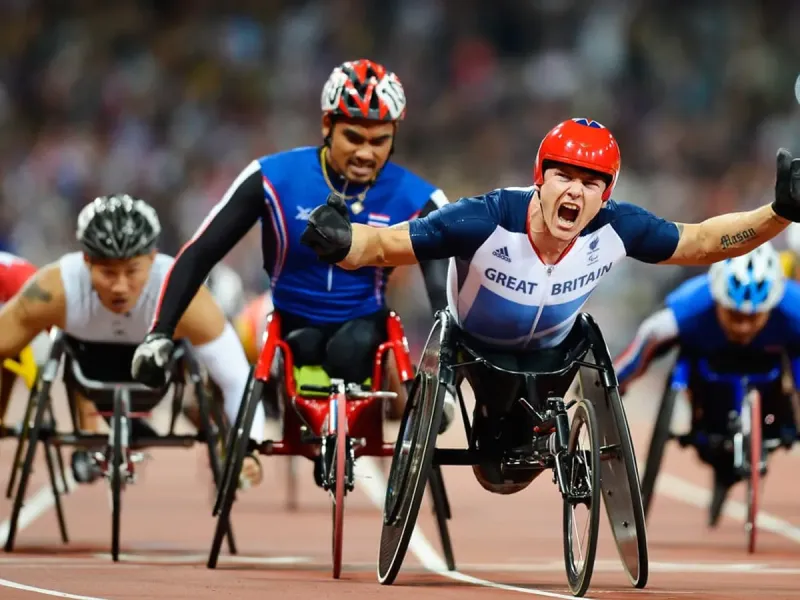Plenty of people claim they can’t function without their morning coffee, but is there a neurological basis to it? A study published in Scientific Reports suggests that coffee does have beneficial effects on cognitive function, and it may do this by reorganizing brain functional connectivity.
Coffee is a very popular beverage people use to become more awake and alert. It has been linked to other positive outcomes, such as preventing cancer, diabetes, Parkinson’s, and heart attacks. It can also increase. Many of coffee’s effects are due to it being a stimulant.
The role of coffee on cognition has been debated, which some studies saying that it can improve reaction time, memory, and executive functioning, which other studies showing no change. This research seeks to further explore the relationship between cognition and coffee.
Hayom Kim and colleagues utilized 21 participants who had no medical or neurological conditions. Participants were instructed not to drinking any caffeinated beverages or take any medications for 24 hours prior to the experiment. Participants completed the Mini-Mental State Examination and an EEG at baseline and then 30 minutes after consumption of canned coffee for comparison.
The results showed that neurological tests were improved after the coffee consumption. Improved executive function after consuming the coffee suggests that there may be a mechanism that underlies the effect of coffee, which is supported by previous research that utilized fMRI instead of EEG. Improvement in tests supported the ideas that caffeine can increase attention, working memory, and cognition.
Though this study took positive steps into understanding the relationship between cognitive functioning and caffeine, it also had some significant limitations. Firstly, the sample was small and consisted of highly educated young adults, making generalizability to the general population limited. Additionally, individuals all react to caffeine differently, and this study did not take into account individual differences. This could be especially relevant for habitual coffee drinkers vs people who do not drink coffee at all.




